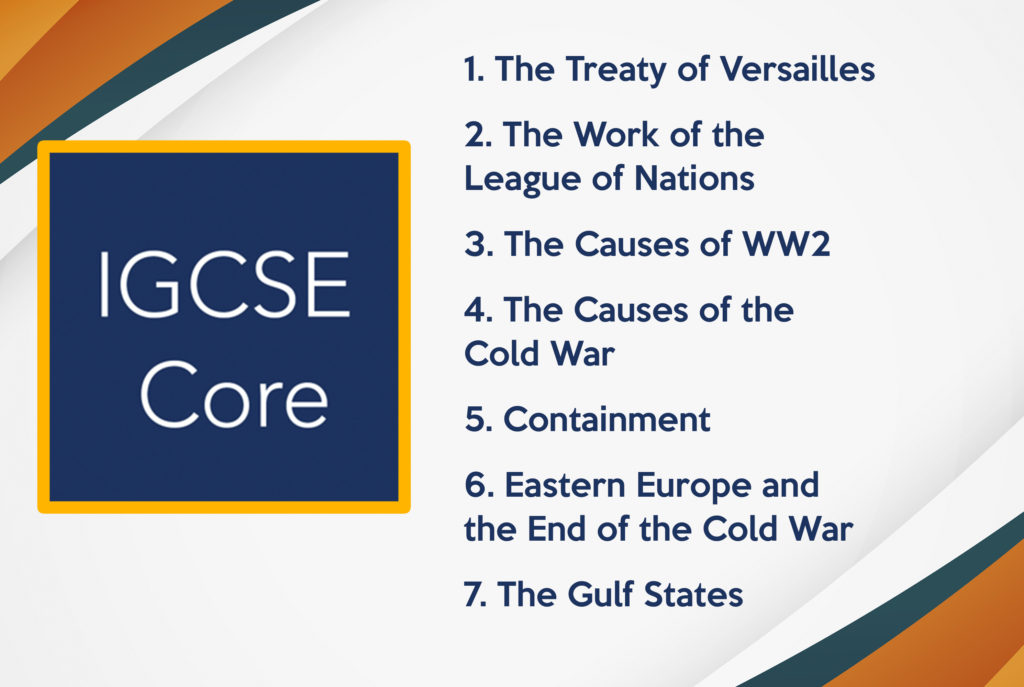Self-determination
The ideal of self-determination was addressed in a number of President Wilson’s 14 Points. It was basically seen as the right of people to choose (determine) their own future: their country and its boundaries, their government, their laws, celebrate their culture and traditions.
Wilson was looking at the peoples of the European empires: the Russian Empire, the Ottoman Empire; the Austro-Hungarian Empire and the German Empire. Though also he also thinking about the overseas empires of the likes of Britain and France (remember American had been colonised by both Britain and France) and had had to fight for its independence from Britain.
So, the Peace Treaties created in Europe what we call the ‘successor states’ (because they succeeded the empires). The most important for you to think about would be Poland, Czechoslovakia and Yugoslavia.
But for the Germans they would say, what about Austria that would prefer to join with Germany, what about the three million Germans in the Sudetenland, now incorporated into Czechoslovakia. And what about the Germans in Danzig, made a free city but really for Poland’s convenience.
Also, with regard to the states that were created, for a state to survive it needs to be stable within its own borders. This means it needed to have a settled political order. Was this possible when substantial minorities were forced to exist within its borders? Despite the fact that self-determination was such a high-profile aim, the needs for economic viability and border security left large minorities from the losing powers in the successor states. There were the three million Germans in Czechoslovakia (which comprised of six distinct national groups), three million Hungarians living in other states, and 30% of those who found themselves within Poland’s new borders were not ethnically Polish, whilst there was also the issue of Danzig. None of this made for cohesive and stable national communities
The new states also needed an economy that can provide the things we want. First of all, jobs and a good standard of living, and then things like education, health care and other welfare provision. But also in a competitive world, they needed to be economically competitive, they needed to be able to feed their people, have natural resources and manufacturing, and they needed to trade. They also needed to be able to defend themselves.
Self-determination was a great principal but hard to impose on a war-torn Europe where passions were still running very high.




Previous
Next
